So, I was reading the New York Times again (habit) and I read about this Presidential Initiative (Presidential Study Directive 10 or PSD-10) which created something called the Atrocity Prevention Board (APB) in August of 2011. Well, APB is tasked with trying to figure out what the US can do to stop atrocities. Interesting, I thought. As a scholar of state repression/human rights violation/genocide, I chastised myself for not hearing about this before. Perhaps I was busy at the time, I thought. August is an awkward time for academics: the last month of summer and beginning of school. I wonder what they are doing, I thought, as I clicked on the webpage and then another to try to find the board.
Once located (kind of), I thought that the initiative sounded great (I will review their report after they issue one). The board was established to ensure that genocide and mass atrocities are prevented. How? Well, “representatives from several agencies including the Departments of State, Defense, Treasury, Justice, Homeland Security, the Joint Staff, the U.S. Agency for International Development, the U.S. Mission to the United Nations, the Office of the Director of National Intelligence, the Central Intelligence Agency, and the Office of the Vice President” meet monthly to discuss the topic, reports are generated as well as some “new tools” e.g., new targeted sanctions, visa bans, civilian surges and military planning.
This struck me as interesting, but I could not ascertain how existing scholarship would be included. Where are the scholars that study civil war, genocide and human rights violation? What does work created by these individuals say about the “new tools”? How can we (if at all) put our two cents in? I am currently President of the Human Rights section of the American Political Science Association and I know that I wasn’t contacted to ask what we knew. Was anyone contacted?
After reflecting for a moment, it occurred to me that perhaps we should not wait for the call. Thus, I started thinking: What do we know about preventing atrocities?
First, I realized that we do not know much. Despite repression and genocide being on the radar for some time, only a handful of studies have explicitly investigated the effectiveness of diverse policies to de-escalate government atrocities (i.e., Krain 2005; Kathman and Wood 2011; Davenport and Appel 2013; DeMeritt forthcoming) or prevent them from happening in the first place (i.e., Melander 2009; DeMeritt forthcoming) – all conducted in the last few years. This is good for the creation of a board. Perhaps they would help kick start a discussion somehow. Panel at an upcoming meeting anyone? I once tried to get the Center for Advanced Study of the Behavioral Sciences at Stanford University to focus a year on repression/atrocity/genocide. Didn’t work out but perhaps someone would be willing to do that. Imagine: a whole year’s worth of attention to the form of political violence most feared/despised in the last hundred years and the one we swore never to let happen again. Clearly, as I have said before and will continue to say until the imbalance is corrected, most of our knowledge exists on the topic of civil war and not atrocities, genocide or large-scale human rights violation. I will let the civil war scholars chime in about the reasonable nature of the board’s tools and I encourage them to speculate – something that we do not frequently do as we tend to stay within our safety zones.
Second, I realized that we had some knowledge about the relevant topic and that there are actually some interesting findings to be discussed. For example, within the path-breaking works noted above, arguments advanced by policymakers, activists and ordinary citizens around the world are explored but results are either against expectations or mixed. For example, economic sanctions are found to increase the severity of political atrocities (Wood 2008). Military interventions are found to have differing effects. Krain (2005) finds that non-impartial interventions contemporaneously decrease the severity of atrocities whereas Kathman and Wood (2011) find that it is impartial interventions that decrease severity over time. Appel and myself find that both economic sanctions and impartial military interventions (i.e., where the intervener does not choose sides) shorten the duration of atrocities, making them more likely to end. There is thus something very positive about humanitarian efforts to stop government violence but that something is somewhat complex and conditional.
Third, these findings need to be viewed along with the larger body of work concerning large-scale human rights violations and state repression which, although frequently highlighting the same relevant behavior, focuses on smaller scale and less violent action. There is still something to be learned. For example, Hafner-Burton (2008) finds that “naming and shaming” (a common response to state coercive action in policy and advocacy circles) only has a negative impact when the type of government action is less violent and more legalistic in nature (what those in the literature refer to as “civil liberties restrictions”). Naming and shaming does not work when “personal integrity violations” are imposed. We know that democracy tends to reduce repression but not amidst situations of domestic political conflict, like Turkey and several other countries are revealing. Other research finds that trade has a limited negative impact and this work should be considered as well (Hafner-Burton 2005).
There are clearly some areas of development that are needed in this body of work. We need some greater clarification of what atrocities are. As Monty Python and the Holy Grail noted for us, “now let’s not bicker and argue about who killed who,” but we might need to do some of this before proceeding. We can do this though. Let’s look to the repression literature to get us started with some attention to genocide, the counters (terrorism/insurgency) and protest policing. After this conceptual issue has been addressed, we need more studies on the topic. More is not always better: let’s get the ball rolling and argue later. When we have the 100th study on stopping atrocities then we can talk again. We need to figure out why Krain, Kathman and Wood as well as my work with Appel’s findings differ. What’s going on there? We need to start exploring the intersection between whatever civil war is and whatever repression is. Some work has looked at the similarities between civil wars with genocide and without, but more is needed. We need to start employing different data. For instance, both of these studies aggregate data to the nation year. It might be more useful to disaggregate cases and discover patterns below this level.
In short, we need to create an “Atrocities Prevention Board Assistance Program”. Think with me for a moment. Imagine that we all focused on stopping atrocities for one year: call it “Project EndKILL”. Imagine that all panels at national conferences, all special issues, all workshops, all classes focused on the topic. I tried to do the panels thing at last years APSA but it was cancelled due to the big storm. I am on the topic again: want in? We could go further: Imagine a whole year of blogs and tweets on stopping atrocities. Imagine a logo (see it with me) and a poster done by Shepard Fairey (love his work). Imagine a US-student initiative that involved all universities, colleges as well as community colleges and, of course, a sponsor or sponsors (what is Soros doing now?). We could push it and think about a reality TV show like P. Diddy’s “Making the Band”: “Making the Peace” or a feature film “The Data Peacemakers”, “The DPs” or “Peace – Yo!” (I always wanted Denzil Washington to play me in something). Regardless, you get the point.
Beginning of Stopping Atrocity Reading List
Davenport, Christian. 1995. “Multi-Dimensional Threat Perception and State Repression: An Inquiry into Why States Apply Negative Sanctions.” American Journal of Political Science 39(3): 683-713.
Davenport, Christian, and David A. Armstrong, II. 2004. “Democracy and the Violation of Human Rights: A Statistical Analysis from 1976 to 1996.” American Journal of Political Science 48 (3): 538-54.
Davenport, Christian and Ben Appel. “Sanctions, Interventions and Stopping Political Atrocities.” Manuscript.
Demeritt, Jaqueline. Forthcoming. “Delegating Death: Military Intervention and Government Killing.” Journal of Conflict Resolution.
Hafner-Burton, Emilie. 2005. “Trading Human Rights: How Preferential Trade Agreements Influence Government Repression.” International Organization 59: 593–629.
———. 2008. “Sticks and Stones: Naming and Shaming the Human Rights Enforcement Problem.” International Organization 62(4): 689-716.
Kathman, Jacob and Reed Wood. 2011. “Managing Threat, Cost, and Incentive to Kill: The Short- and Long-Term Effects of Intervention in Mass Killings.” Journal of Conflict Resolution 55 (5) 735-760.
Krain, Matthew. 1997. “State-Sponsored Mass Murder: A Study of the Onset and Severity of Genocides and Politicides.” Journal of Conflict Resolution 41(3): 331– 60.
———. 2005. “International Intervention and the Severity of Genocides and Politicides.” International Studies Quarterly 49 (3): 363–88.
Melander, Erik. 2009. “Selected to Go Where Murderers Lurk? The Preventive Effect of Peacekeeping on Mass Killings of Civilians.” Conflict Management and Peace Sciences 26(4):389-486.
Pearson, Frederic S. 1974. “Foreign Military Intervention and Domestic Disputes.” International Studies Quarterly 18: 259-290.
Regan, Patrick. 2000. “The Substitutability of US Policy Options in Internal Conflicts.” Journal of Conflict Resolution 44: 90-106.
———. 2002. “Third Party Interventions and the Duration of Intrastate Conflict.” Journal of Conflict Resolution 46(1): 55-73.

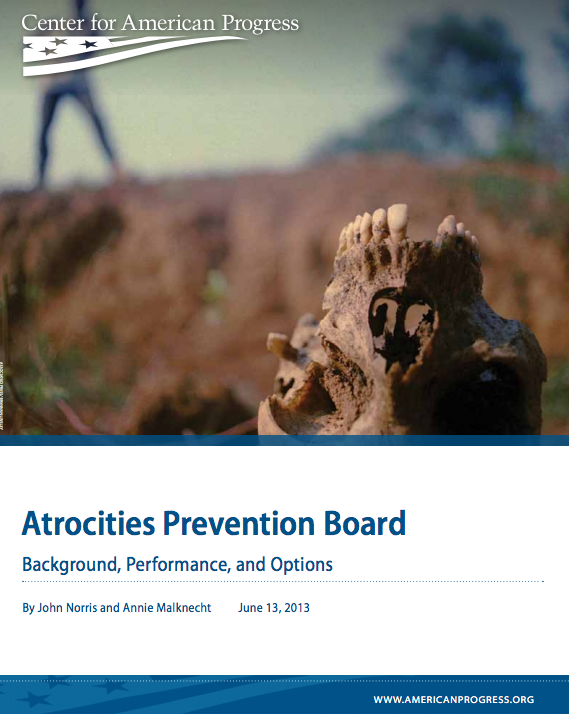

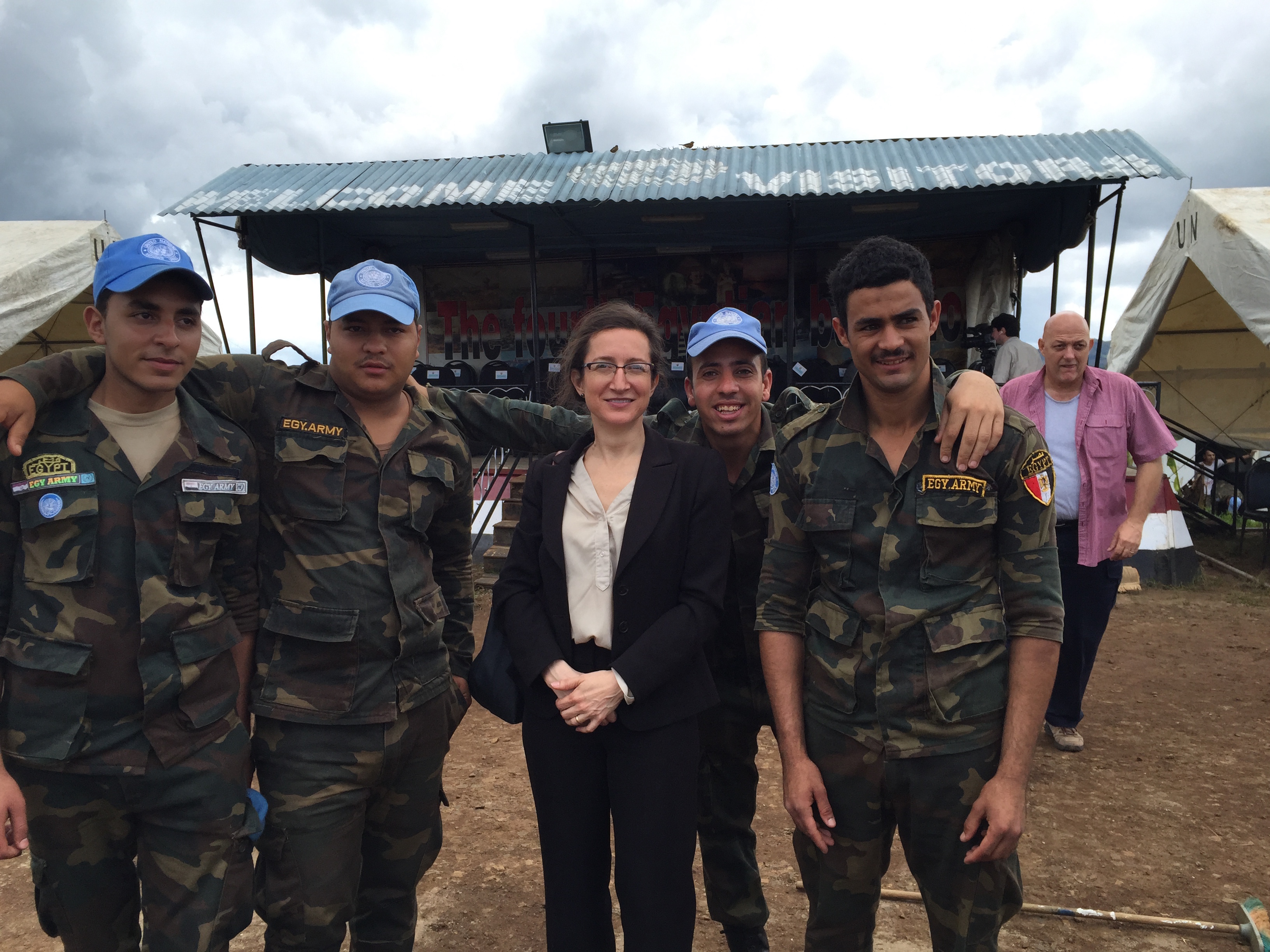
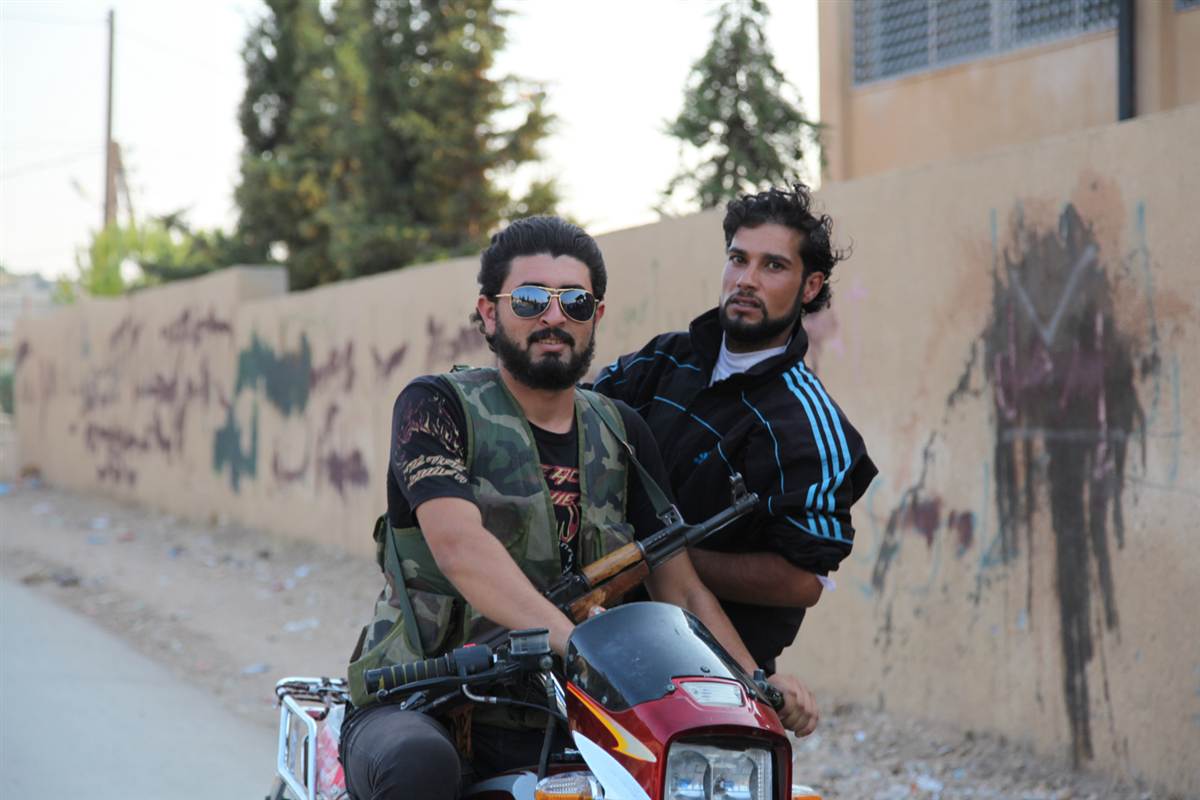
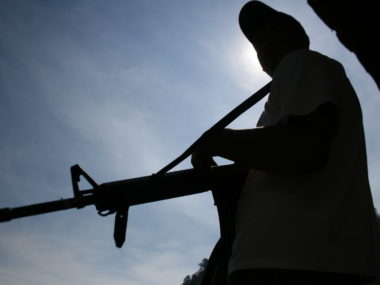
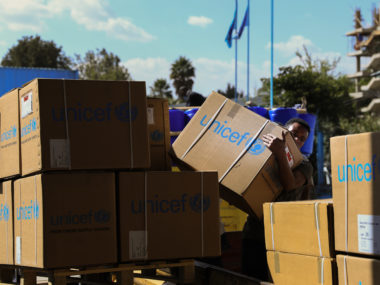


1 comment
Great post, Christian! There is a lot of published quant work, however, that does find that “naming and shaming” is effective at reducing human rights violations in many circumstances. For a brief review, see http://www.whiteoliphaunt.com/duckofminerva/2012/12/human-rights-ngos-just-hot-air.html